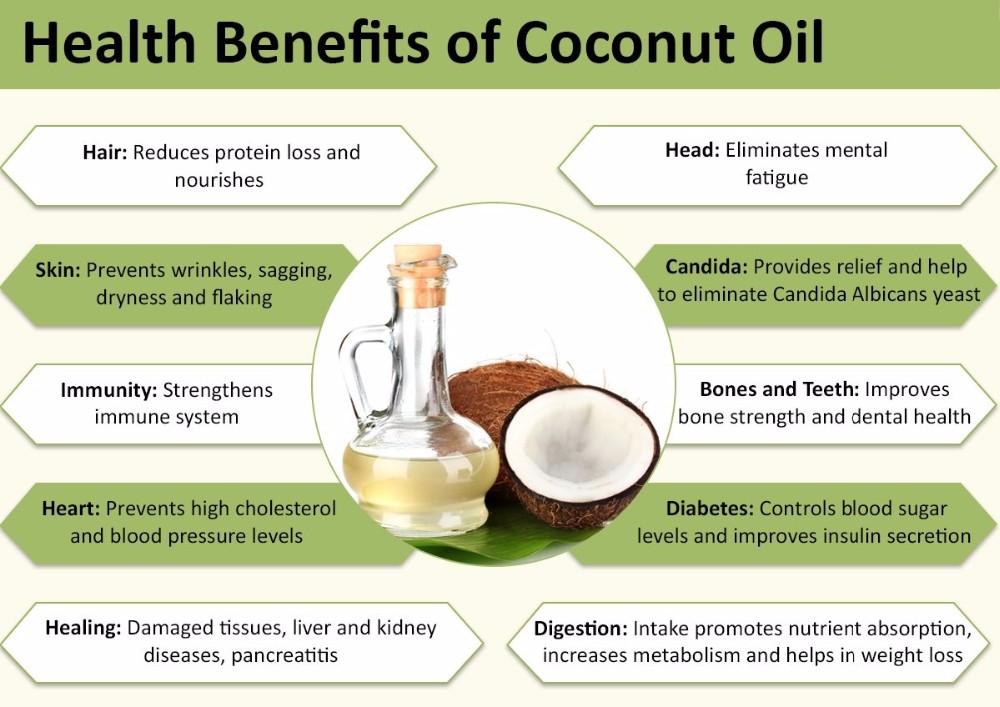Does Coconut Oil Attract Bugs? A Comprehensive Guide to Understanding Its Attraction Index
Guide or Summary:Coconut OilUnderstanding the Attraction Index of Coconut OilCoconut Oil's Aromatic ProfileStorage and Usage ConsiderationsCoconut OilCoconu……
Guide or Summary:
- Coconut Oil
- Understanding the Attraction Index of Coconut Oil
- Coconut Oil's Aromatic Profile
- Storage and Usage Considerations
Coconut Oil
Coconut oil, derived from the flesh of mature coconuts, has gained immense popularity over the years due to its numerous health benefits. Rich in medium-chain triglycerides (MCTs), it's lauded for its ability to boost brain function, promote weight loss, and enhance heart health. However, the question of whether coconut oil attracts bugs has been a topic of interest, especially among those concerned about its potential impact on outdoor activities or storage.
Understanding the Attraction Index of Coconut Oil
While coconut oil itself does not possess any inherent attractiveness to insects, the manner in which it is used and stored can influence its interaction with outdoor pests. The primary concern revolves around its scent and how it interacts with the environment.

Coconut Oil's Aromatic Profile
Coconut oil boasts a distinct, pleasant aroma that is both inviting and delightful, especially when used in cooking or skin care. This scent is primarily due to the presence of lauric acid, a compound that gives coconut oil its unique aroma. While this aroma is not particularly attractive to most insects, some pests, such as ants and certain beetles, are known to be drawn to sweet, sugary substances.
Storage and Usage Considerations
When considering whether coconut oil attracts bugs, it's essential to focus on proper storage and usage practices. Here are a few tips to minimize the risk of attracting pests:
1. **Sealed Containers**: Store coconut oil in airtight containers to prevent exposure to moisture and air, which can attract mold and pests.

2. **Temperature Control**: Keep coconut oil in a cool, dry place, away from direct sunlight and heat sources. High temperatures can accelerate the breakdown of coconut oil, releasing volatile compounds that may attract insects.
3. **Avoid Exposed Surfaces**: When using coconut oil, be mindful of where you apply it. For instance, applying it to outdoor furniture or surfaces exposed to the elements may attract pests. It's best to use it indoors or in controlled outdoor spaces.
4. **Pest-Proofing**: If you're concerned about pests, consider using pest-proof containers specifically designed to repel insects. These containers often contain natural repellents that can help deter pests.

While coconut oil itself does not attract bugs, its storage and usage practices can influence its interaction with outdoor pests. By following proper storage guidelines and being mindful of where and how coconut oil is used, you can minimize the risk of attracting insects. Remember, the key to enjoying the benefits of coconut oil lies in its proper handling and storage, ensuring a safe and enjoyable experience for all.